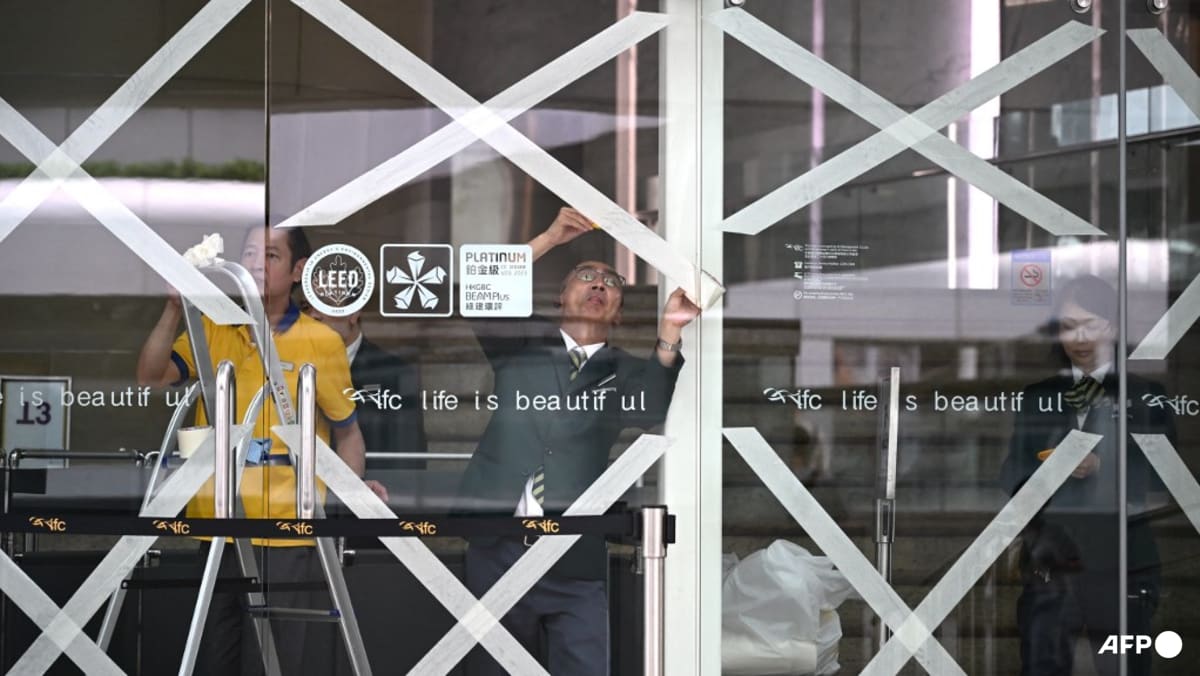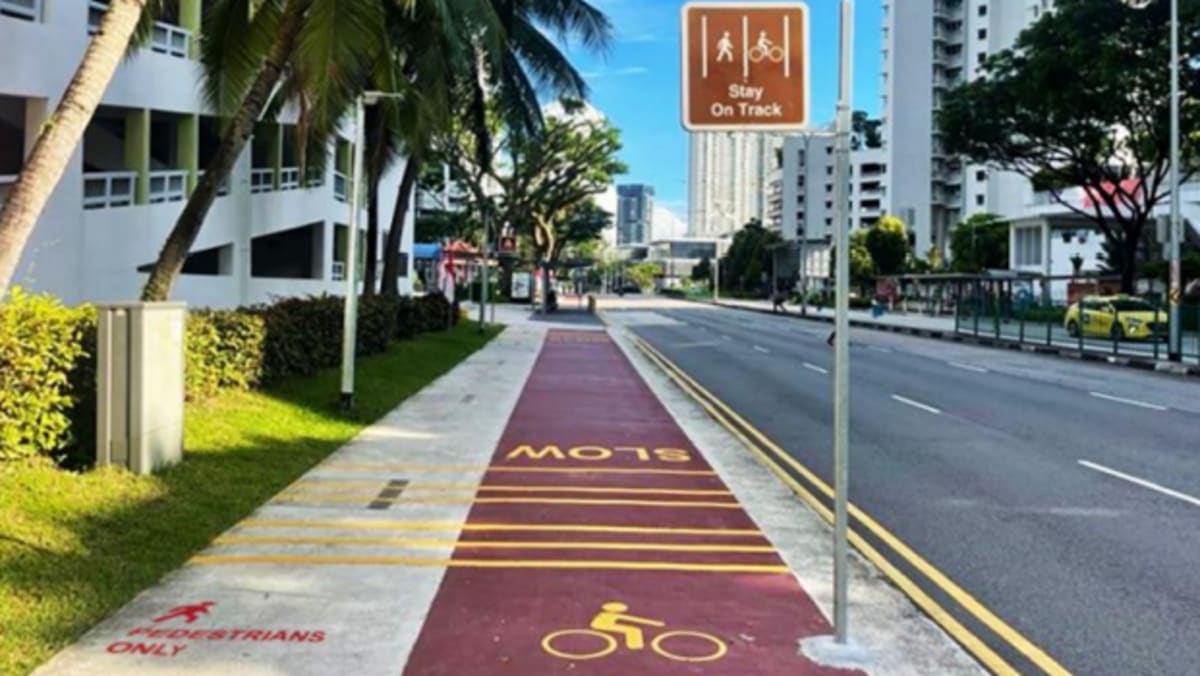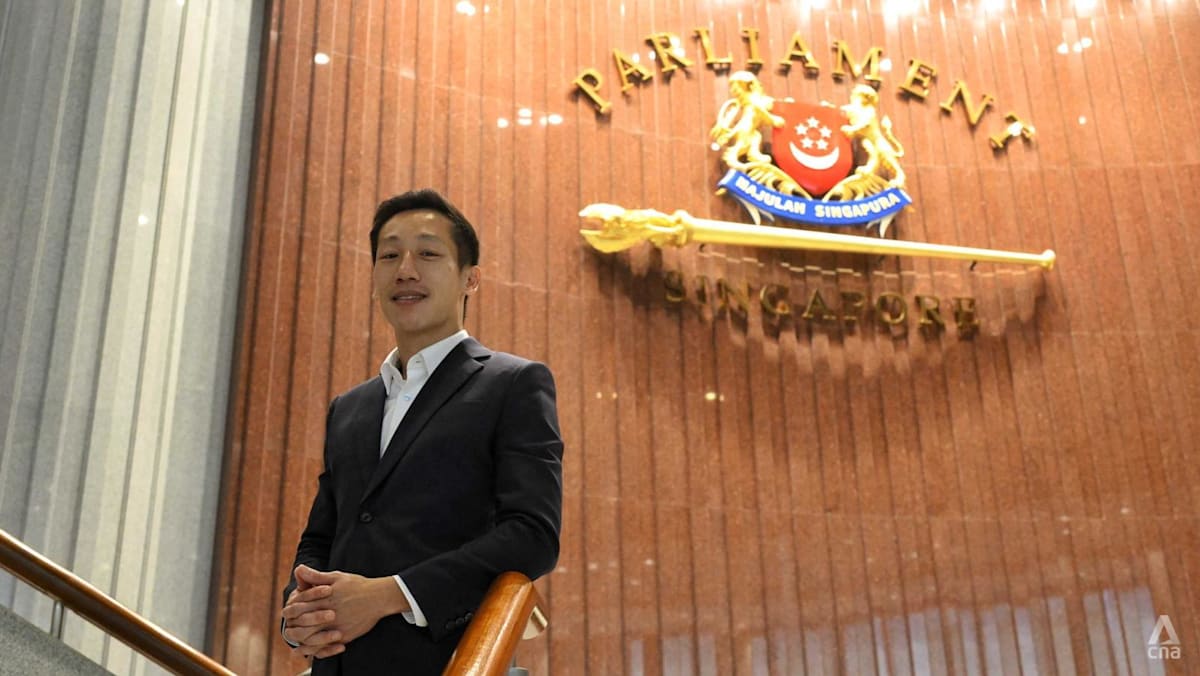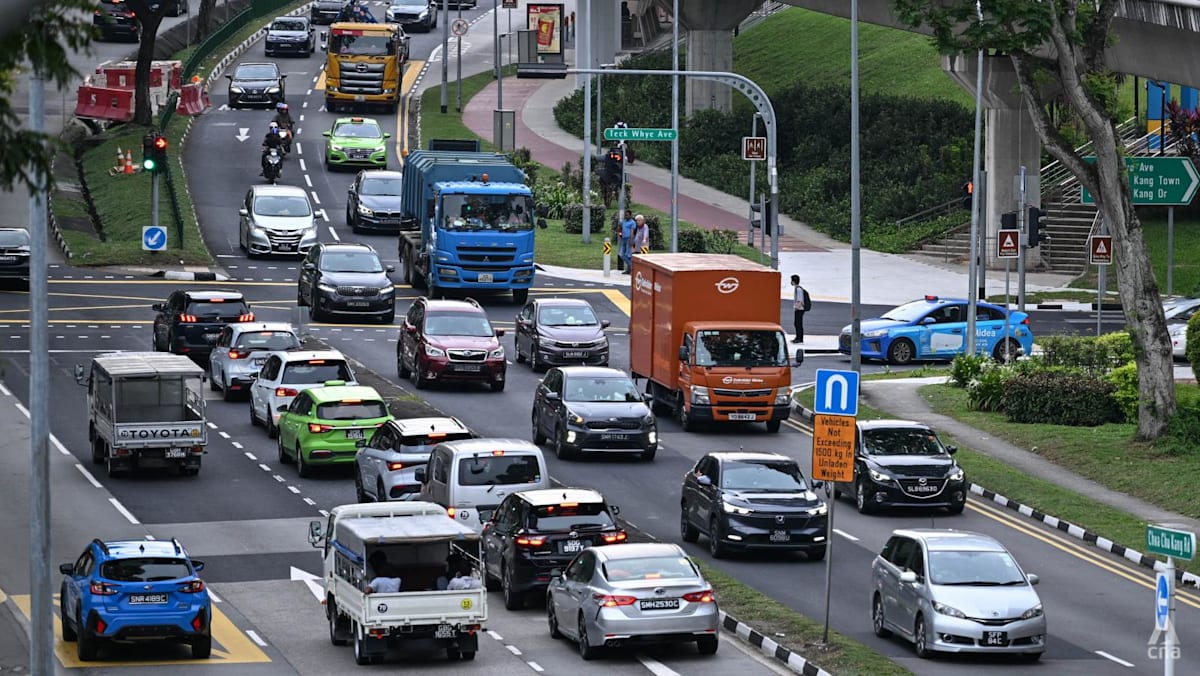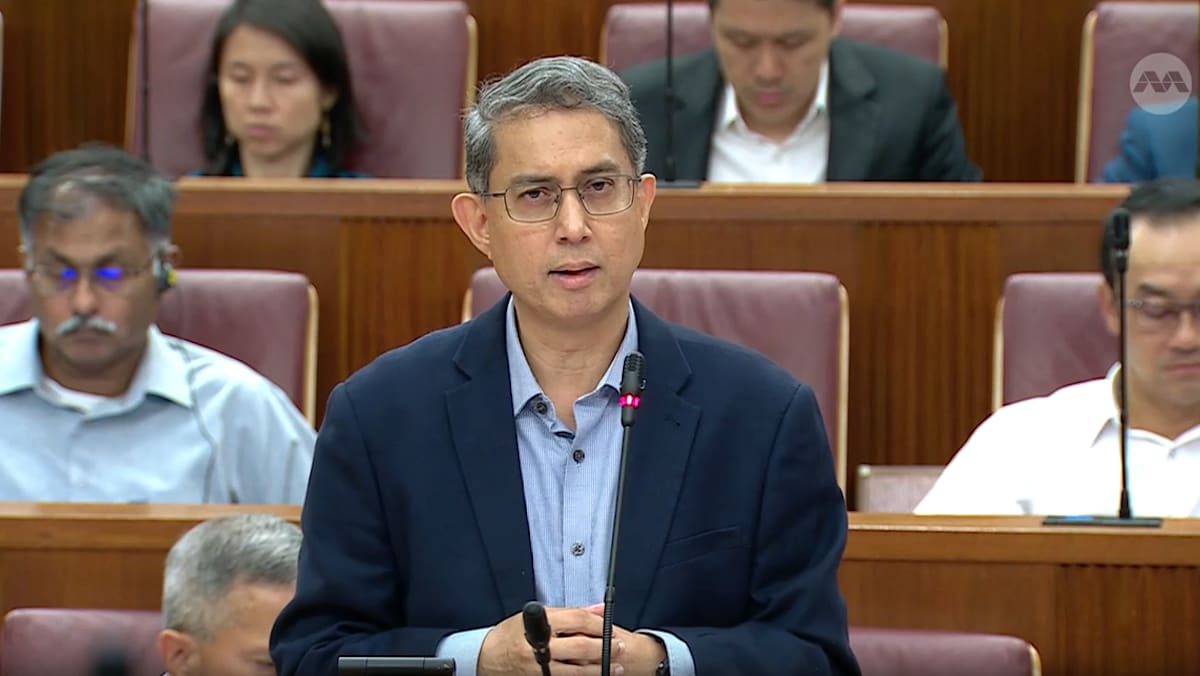GRACIOUSNESS AS A CIVIC VALUE
The real opportunity lies in strengthening our civic-mindedness. Whether you are a cyclist or a pedestrian, public space is shared space. Graciousness is not just a nicety; it is essential for everyone’s safety.
It encompasses simple but powerful actions: keeping left unless overtaking, ringing a bell before passing, slowing down near crowded areas and avoiding sudden changes in direction.
These are not hard to do. What is hard is making them habitual in a context where we often expect infrastructure or enforcement to do the work for us.
Graciousness also means acknowledging the diversity of users. A shared path may be used by a teenager on a bicycle, a senior using a personal mobility aid, a parent pushing a stroller, or a food delivery rider trying to make a living. Observing etiquette will accommodate all these realities, not prioritising one group’s convenience over another’s.
EDUCATION BEFORE ENFORCEMENT
To move beyond fines, we must invest in deliberate norm-building. The LTA has educated the public about conduct on shared paths through initiatives such as the Confidence on Wheels programme and Active Mobility Community Ambassadors.
Public campaigns and posters on shared paths have also been launched. While these are good starting points, we can foster a culture of shared responsibility through other community-led efforts.
For instance, residents, schools and businesses can get involved in placing signage or murals that promote shared path etiquette, such as “Keep Left” or “Ring Before You Pass”. This participatory approach builds a sense of ownership and makes the messages more visible and relevant to the local context.
Instead of relying on authorities to lay down the law, the goal should be to co-create a civic culture where graciousness becomes the norm, not the exception. When people know what to expect from others, and what is expected of them, behaviour improves naturally.


